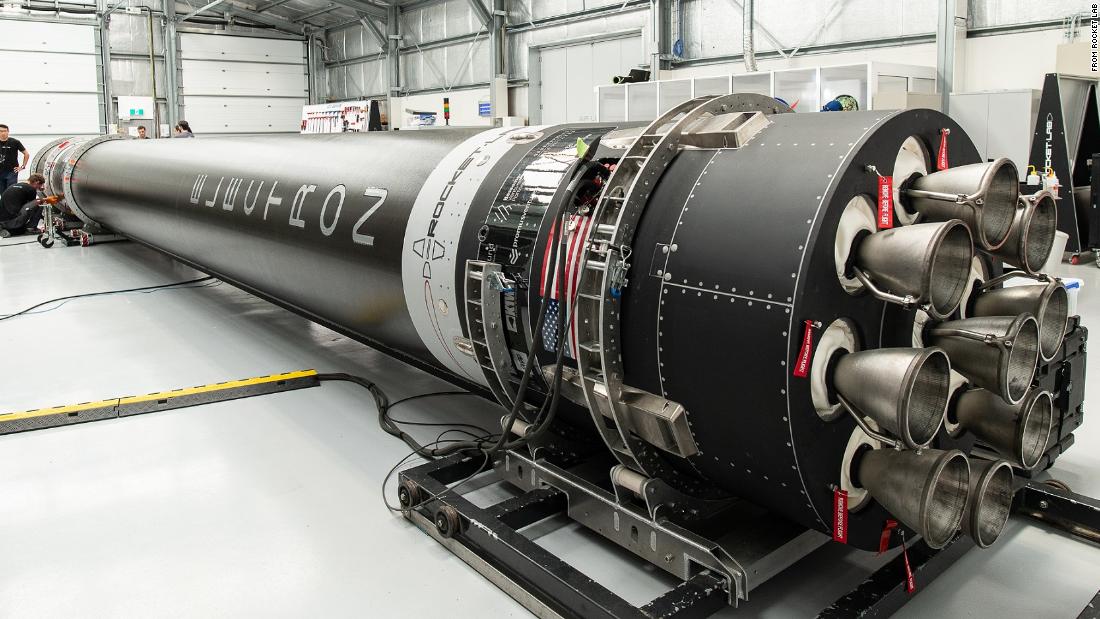Essentially, the lineup is a who’s-who of the commercial “new space” sector — relatively young rocket companies that are already shaking up the business of getting satellites to orbit at cheaper price points.
But these deals with the military are something different. Rather than rockets leaving their freight in Earth’s orbit, this program aims to use them to get weapons, supplies or perhaps even people from one country to another at speeds far surpassing that of other types of transportation.
And that’s because rockets have a speed advantage over airplanes. Rockets that can shoot into the high atmosphere have much less air to cut through as they zoom over the planet. With less air dragging them back, they can go much faster than something that needs air to move, like a jet. The tradeoff, however, is that rockets tend to be far more expensive than aircraft.
It’s a similar idea to one employed by the largest militaries in the world for decades, that of the Intercontinental Ballistic Missile. But while those are designed to slam into the Earth at hypersonic speeds when they reach their target, the idea here is for the payload to come to a gentle landing.
And the military’s goal with the Rocket Cargo program, which was first announced last year, is to get involved with such efforts early in the hopes that it can quickly put that tech to work for the US and allies when it is available.

